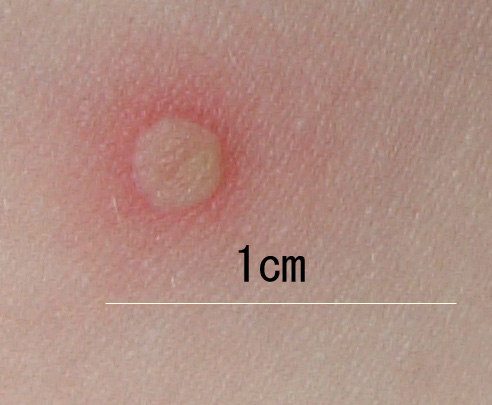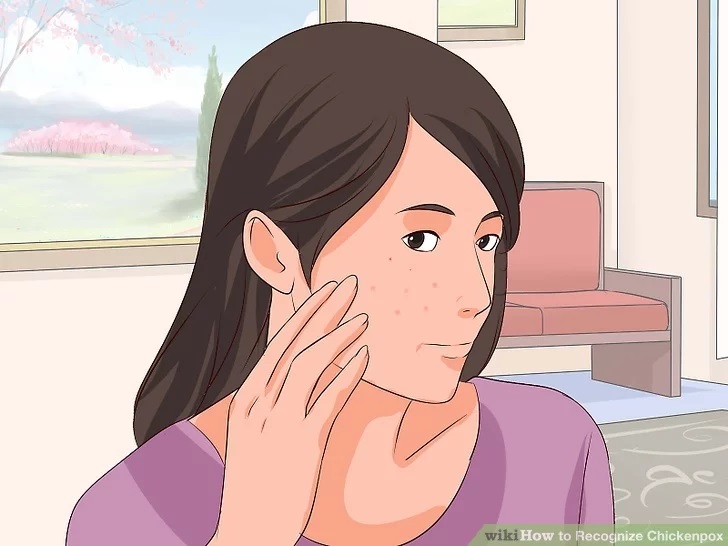The varicella vaccine, commonly known as the chickenpox vaccine, is a crucial tool in preventing this highly contagious viral infection caused by the varicella-zoster virus. Chickenpox is characterized by an itchy rash, blisters, fever, and fatigue. While often mild in children, chickenpox can lead to severe complications such as pneumonia, encephalitis, and bacterial skin infections, particularly in newborns, adults, and immunocompromised individuals.
The varicella vaccine is typically administered in two doses, with the first dose given between 12 and 15 months of age and the second between 4 and 6 years. The vaccine has proven to be highly effective, significantly reducing the incidence of chickenpox and its related complications. According to the Centers for Disease Control and Prevention (CDC), the vaccine prevents about 90% of chickenpox cases, offering strong immunity.

The varicella (chickenpox) vaccine recommendations are as follows:
- Routine Immunization: Healthy children aged 12 months to under 13 years should receive the univalent varicella vaccine or the MMRV (measles, mumps, rubella, and varicella) vaccine.
- Susceptible Adolescents and Adults: Adolescents aged 13 to under 18 years and adults aged 18 to under 50 years who are susceptible should receive the univalent varicella vaccine.
- Selective Immunization: The vaccine may be considered for individuals with certain immunodeficiency disorders.
Priority Groups for Immunization:
- Non-pregnant women of childbearing age
- Household contacts of immunocompromised individuals
- Families expecting a newborn
- Health care workers
- Adults with occupational exposure to varicella (e.g., those working with young children)
- Immigrants and refugees from tropical regions
- Individuals on chronic salicylate therapy (e.g., ASA)
- People with cystic fibrosis
- Susceptible adults exposed to a varicella case
For more information, visit:
Varicella (chickenpox) vaccines: Canadian Immunization Guide
Food for thought: As the school year approaches, consider the timing of your child's vaccinations before returning to the classroom. This can help prevent outbreaks and keep both students and their families safe. This small step can make a significant difference in maintaining a healthy school environment as the new academic year begins.
Sources:
https://en.wikipedia.org/wiki/Chickenpox





